British Museum ends ‘deeply troubling’ sponsorship from Japanese tobacco firm
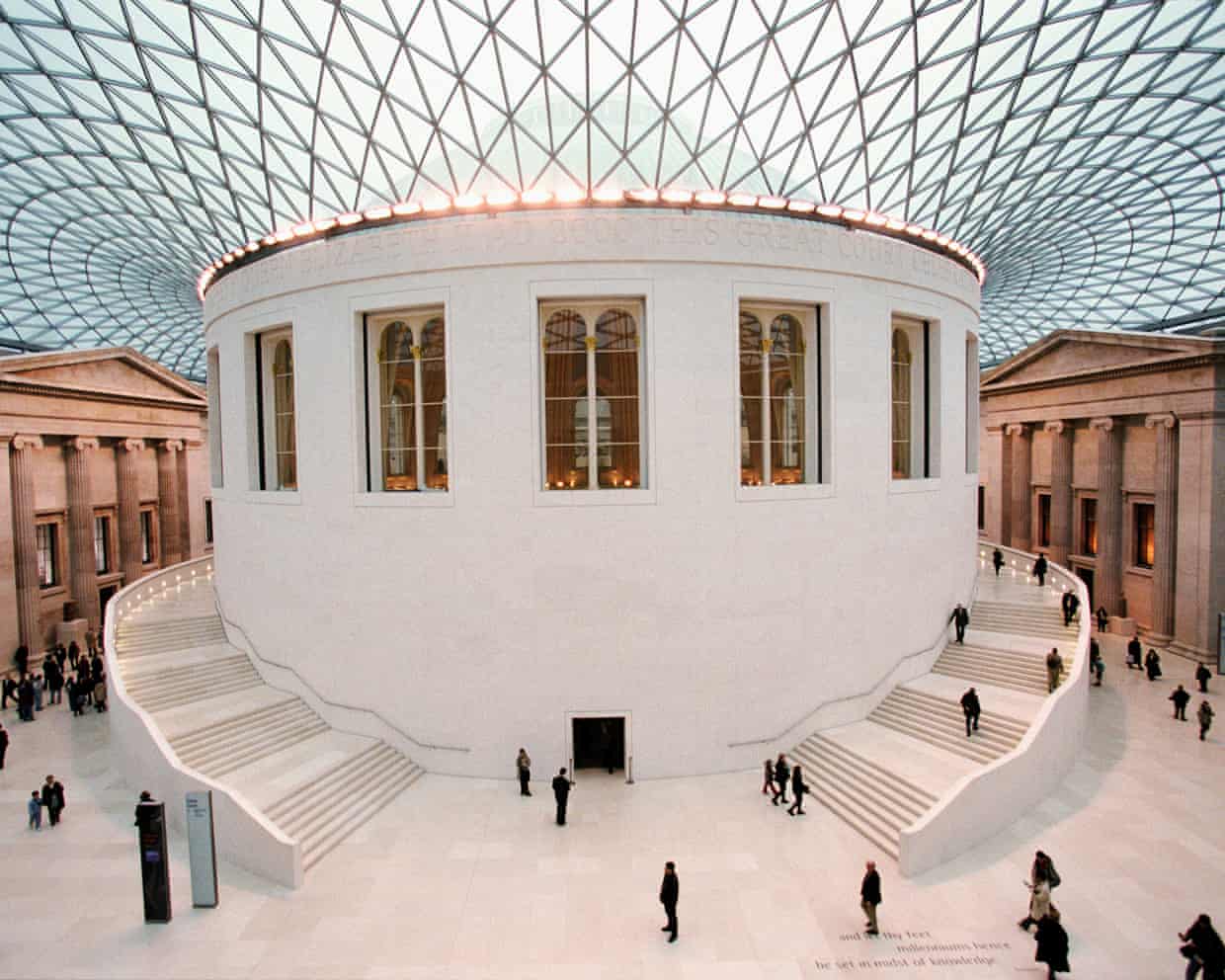
The British Museum has ended a controversial sponsorship deal with a Japanese tobacco firm after reports that the government had raised questions about the deal, which some critics said was “deeply troubling”.The Guardian understands that the museum’s board chose to not renew the 15-year partnership with Japan Tobacco International (JTI), which ended in September.The pressure group Culture Unstained submitted a freedom of information request earlier this year, which it says revealed correspondence sent in January in which the government raised questions about the details of the deal.The Times reports that the Department of Health and Social Care told the Department for Culture, Media and Sport that the deal could be a breach of the World Health Organization’s framework convention on tobacco control (FCTC).The framework bars states from advertising and promoting smoking products.
JTI’s name was recently removed from the museum’s website, a move that coincided with the release of a report published by the Tobacco Control Research Group that said the sponsorship deal was a key part of the firm’s lobbying strategy.JTI still sponsors the Royal Academy of Arts and the London Philharmonic Orchestra.The move was welcomed by critics, who had been calling for an end to the deal since 2016, when 1,000 experts signed an open letter to the British Museum and the Royal Academy over what they called the morally unacceptable sponsorship by JTI.Dr Allen Gallagher, the co-director of the Tobacco Control Research Group at the University of Bath, said such agreements “enable a deadly industry to use UK cultural institutions as a way to try and improve its public image”.The Labour MP Dr Simon Opher, who is a GP, said: “I find it deeply troubling that a national cultural institution has been sponsored by a tobacco company for 15 years in clear breach of WHO guidelines.
”He said there were no circumstances in which public bodies should be “legitimising an industry that profits from harm”,A British Museum spokesperson said the institution was grateful for JTI’s support and that sponsorship was a crucial way for it to secure its financial future,“The museum operates on public and private funding, which ensures the magnificent collection remains free and accessible to the public for centuries to come,” they said,“As a public body we have an obligation to ensure the long-term financial stability of the museum by securing funding from a number of sources,Their support enabled the museum to significantly increase accessibility and engagement with the collection for under-represented adults.
”The decision again highlights the controversies surrounding sponsorship of cultural institutions in the UK, which have often centred on the British Museum.Sign up to First EditionOur morning email breaks down the key stories of the day, telling you what’s happening and why it mattersafter newsletter promotionThe organisation was heavily criticised when it signed a 10-year £50m deal with BP in 2023 that was called “astonishingly out of touch”.The Guardian understands the museum is not conducting a review of current sponsorships, but the BP deal continues to hang over the museum.When it held its inaugural Pink Ball in October, which raised £2.5m, protests about the BP sponsorship disrupted the event.
Climate activists have previously held several other protests in the museum.The museum’s leadership has continued to defend the deal.Its director, Nicholas Cullinan, has said he uses two criteria to weigh up donations and sponsorship.“One is: was the money legally acquired? The other is: will accepting it cause us reputational damage?” he said shortly after starting at the museum.“I think you have to have very good, clear reasons for turning down money that would help to keep the British Museum free to the public.
”Members of the Museums Association, an industry body, voted last month to adopt a code of ethics that expects museums to transition away from sponsorship by “organisations involved with environmental harm – including fossil fuels – human rights abuses, and other sponsorship that does not align with the values of the museum”,
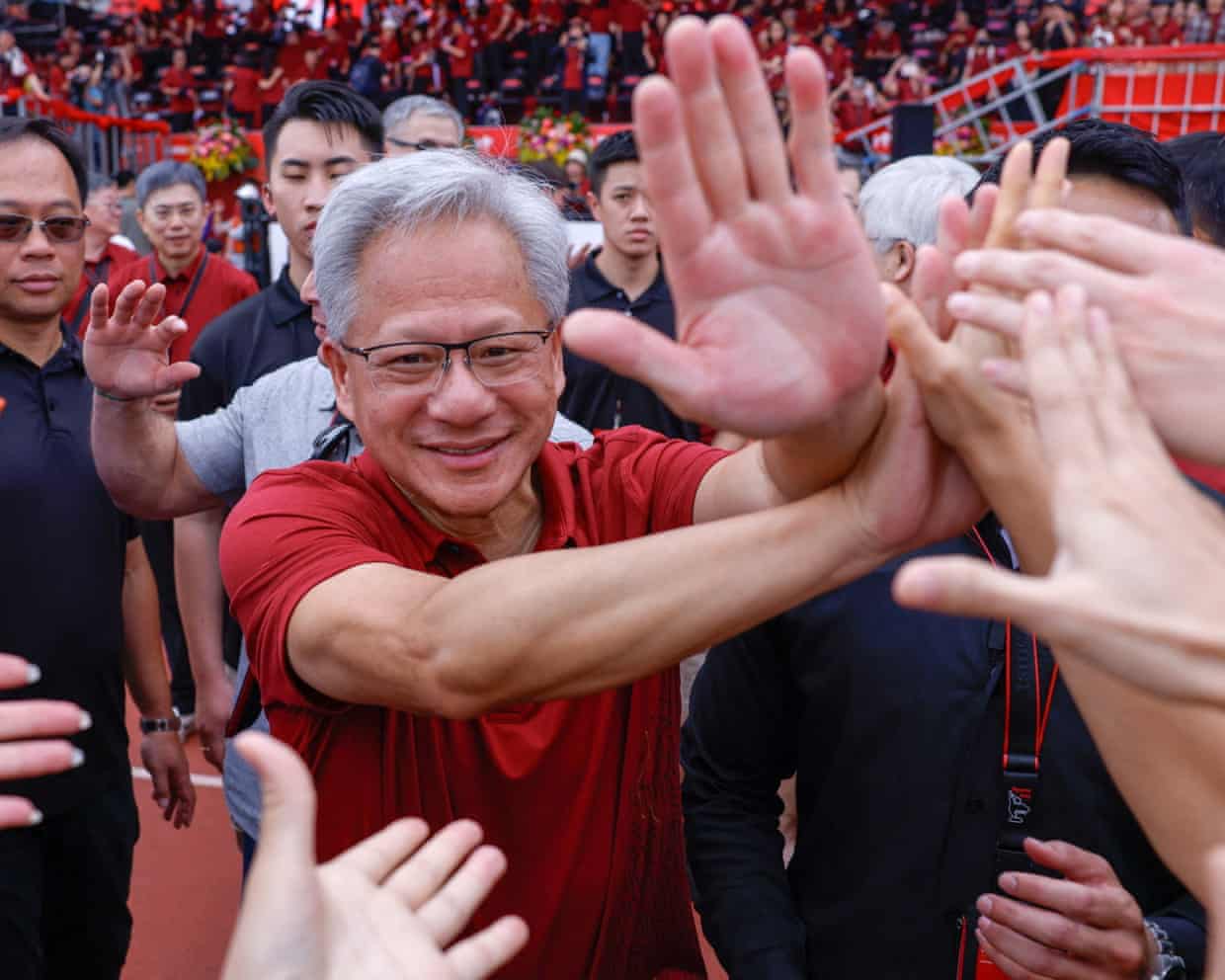
Nvidia earnings: Wall Street sighs with relief after AI wave doesn’t crash
Markets expectations around Wednesday’s quarterly earnings report by the most valuable publicly traded company in the world had risen to a fever pitch. Anxiety over billions in investment in artificial intelligence pervaded, in part because the US has been starved of reliable economic data by the recent government shutdown.Investors hoped that both questions would be in part answered by Nvidia’s earnings and by a jobs report due on Thursday morning.“This is a ‘So goes Nvidia, so goes the market’ kind of report,” Scott Martin, chief investment officer at Kingsview Wealth Management, told Bloomberg in a concise summary of market sentiment.The prospect of a market mood swing had built in advance of the earnings call, with options markets anticipating Nvidia’s shares could move 6%, or $280bn in value, up or down
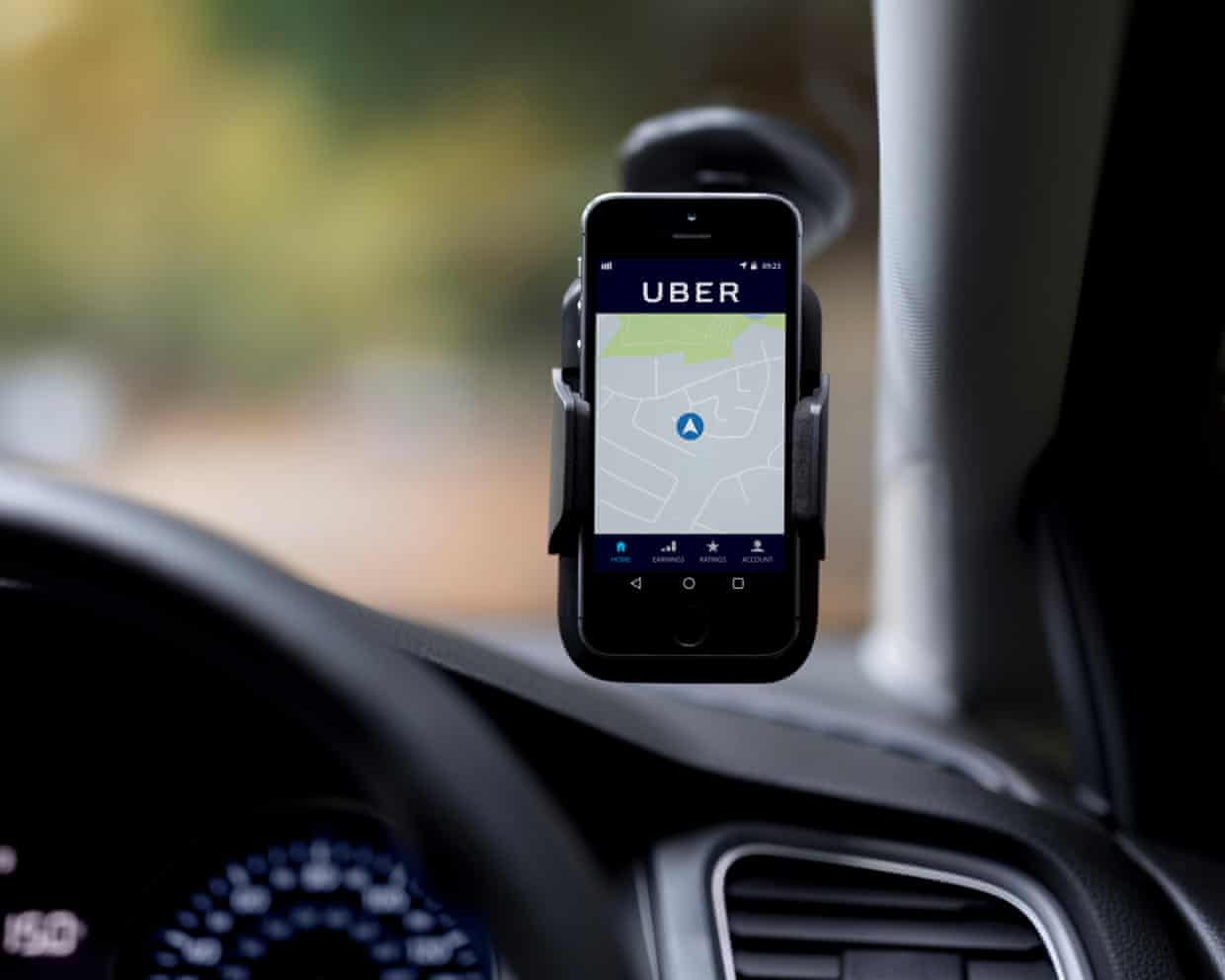
Uber hit with legal demands to halt use of AI-driven pay systems
Uber has been hit with legal demands to stop using its artificial intelligence driven pay systems, which have been blamed for significantly reducing the incomes of the ride hailing app’s drivers.A letter before action – sent to the US company by the non-profit foundation, Worker Info Exchange (WIE), on Wednesday – is understood to allege that the ride hailing app has breached European data protection law by varying driver pay rates through its controversial algorithm.James Farrar, the director of WIE, said: “Uber has leveraged artificial intelligence and machine learning to implement deeply intrusive and exploitative pay-setting systems that have damaged the livelihoods of thousands of drivers.“Through this collective action, we intend to get a fairer deal for drivers and ensure Uber is held financially accountable for the harm caused by this unlawful use of AI.“This case is … about securing transparent, fair and safe working conditions for all platform workers
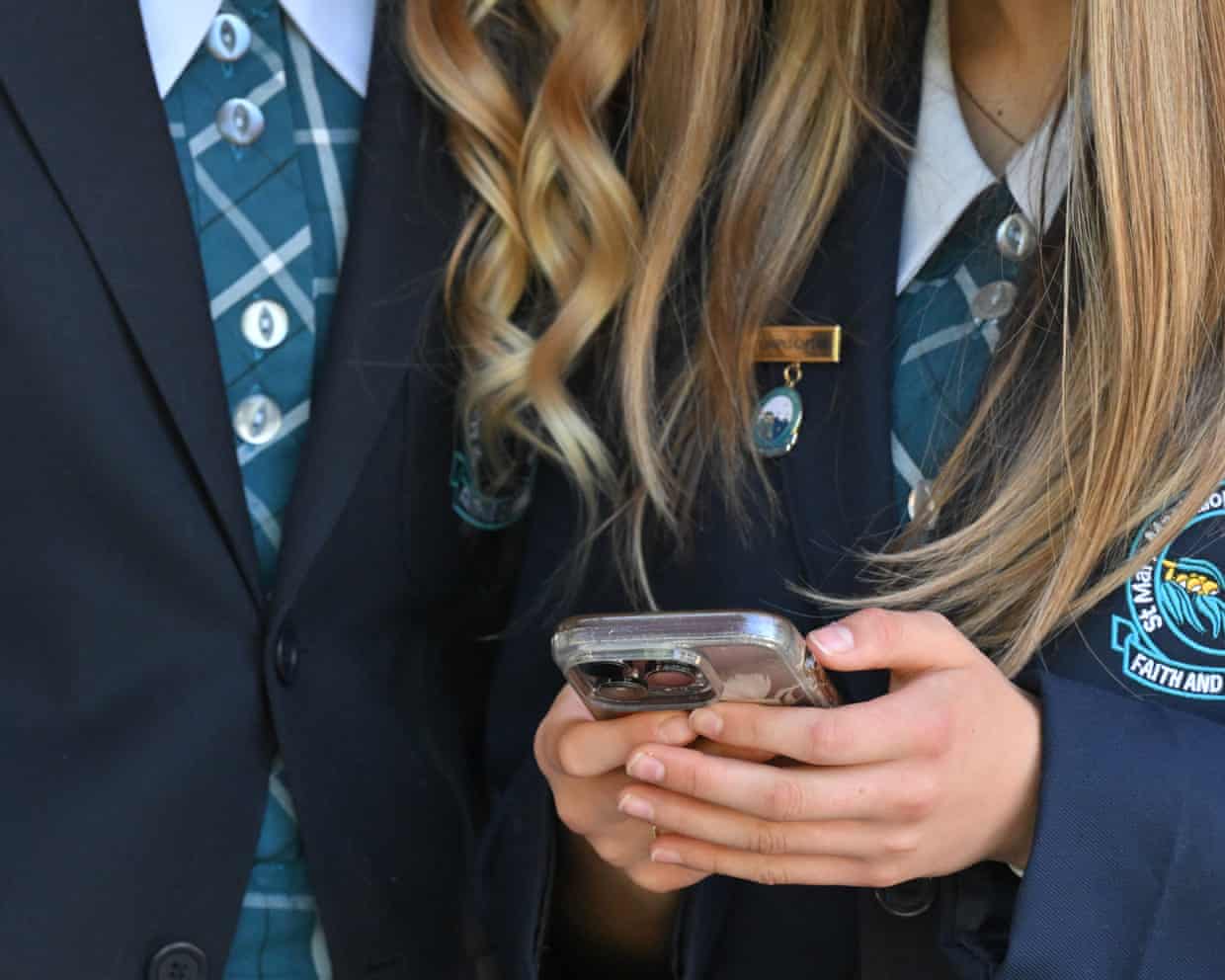
Facebook and Instagram to start kicking Australian teenagers off platforms as social media ban looms
Australian Facebook and Instagram users under 16 will be notified starting Thursday that their accounts will be deactivated by 10 December, as Meta begins to comply with the Albanese government’s social media ban.Users affected by the ban will receive 14 days’ notice of their pending account deactivation through a combination of in-app messages, email and SMS before their access is cut off.The ban will affect users on Facebook and Instagram, as well as Threads, as an Instagram account is required to use that platform. Messenger is excluded from the ban – but Meta has had to develop a way for users to keep access to Messenger without a Facebook account as a result of the ban.Meta will begin stopping access to existing accounts and blocking under-16s from registering new accounts from 4 December, with access removed for all affected accounts by 10 December, the company said
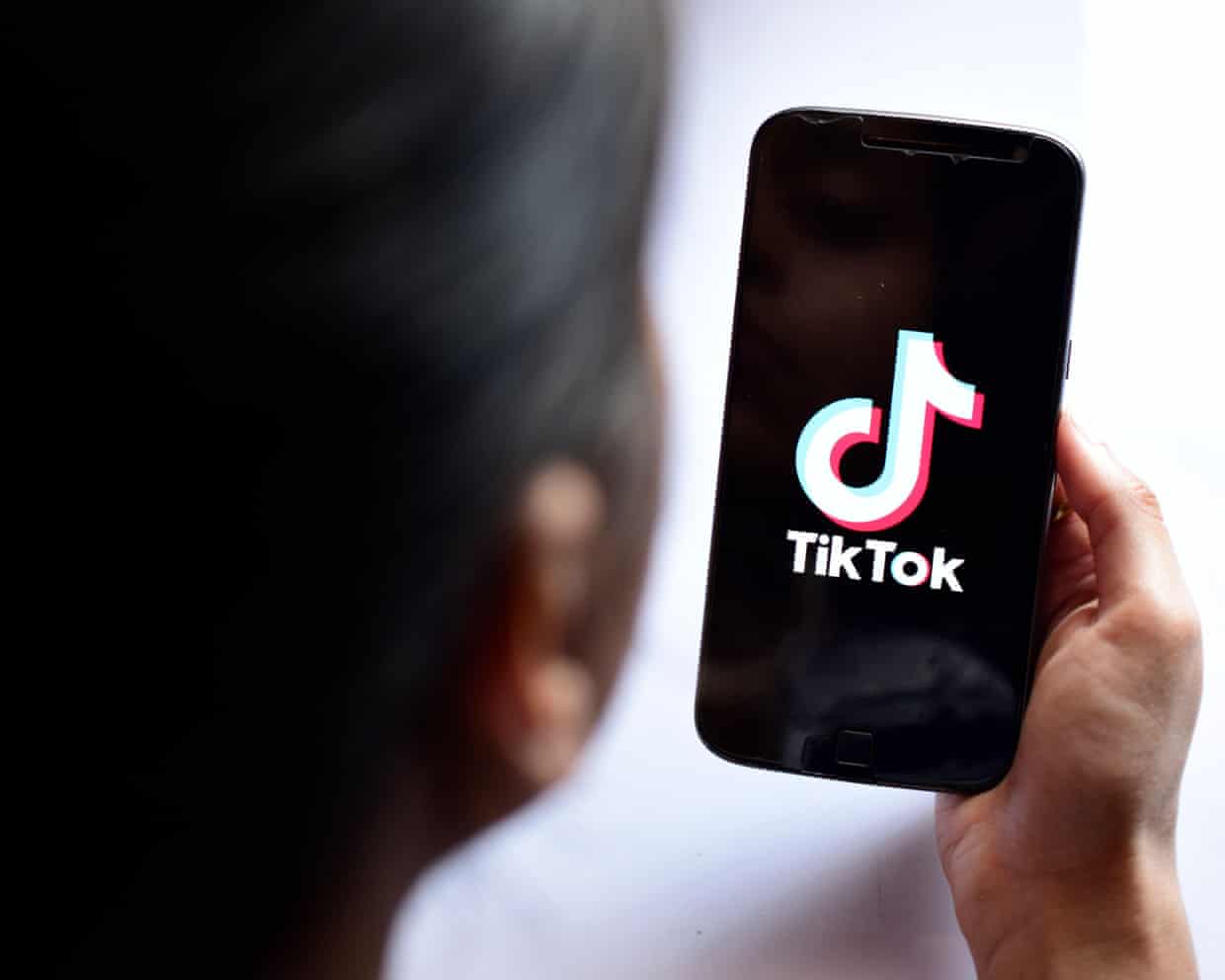
TikTok to give users power to reduce amount of AI content on their feeds
TikTok is giving users the power to reduce the amount of artificial intelligence-made content on their feeds, as it revealed the platform hosts more than 1bn AI videos.The change, which is being tested over the next few weeks before a global rollout, comes as new video-generating tools such as OpenAI’s Sora and Google’s Veo 3 have spurred a surge in AI content online.The Guardian revealed in August that nearly one in 10 of the fastest-growing YouTube channels globally only show AI-generated videos. Many qualify as “AI slop”, the term for low-quality, mass-produced content that is often nonsensical or surreal.Jade Nester, TikTok’s European director of public policy for safety and privacy, said: “We know from our community that many people enjoy content made with AI tools, from digital art to science explainers, and we want to give people the power to see more or less of that, based on their own preferences

Meta wins major US antitrust case and won’t have to break off WhatsApp or Instagram
Meta defeated a major challenge to its business on Tuesday when a US judge ruled that the company does not hold a monopoly in social networking.The case, brought by the US Federal Trade Commission, could have forced the tech giant to spin off Instagram and WhatsApp, with the former FTC chair accusing the company of operating a “buy or bury” scheme against nascent competitors. The tech giant bought WhatsApp for $19bn in 2014. Losing either the image-based social network, which generates an estimated half of Meta’s revenue, or the world’s most popular messaging app could have done existential damage to Meta’s empire.The US district judge James Boasberg issued his ruling on Tuesday after the historic antitrust trial wrapped up in late May
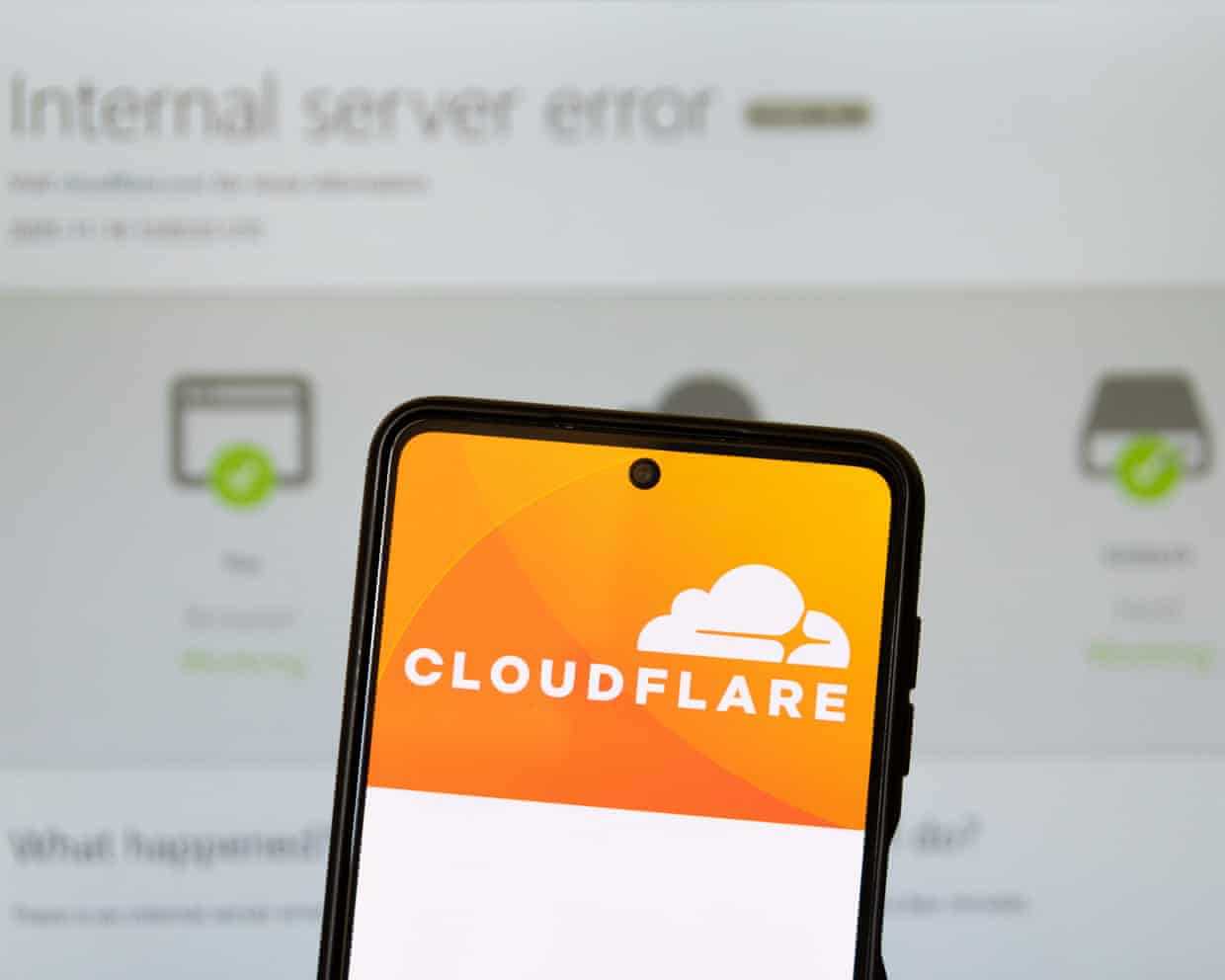
What is Cloudflare – and why did its outage take down so many websites?
The internet infrastructure provider Cloudflare suffered an outage on Tuesday, making many websites inaccessible for about three hours.Cloudflare is a global cloud services and cybersecurity firm. It provides datacentres, website and email security, protection from data loss and defences against cyber threats, among other things. It describes itself as providing an “immune system for the internet”, with technology that sits between its clients and the wider world that blocks billions of cyber threats daily. It also uses its global infrastructure to speed up internet traffic
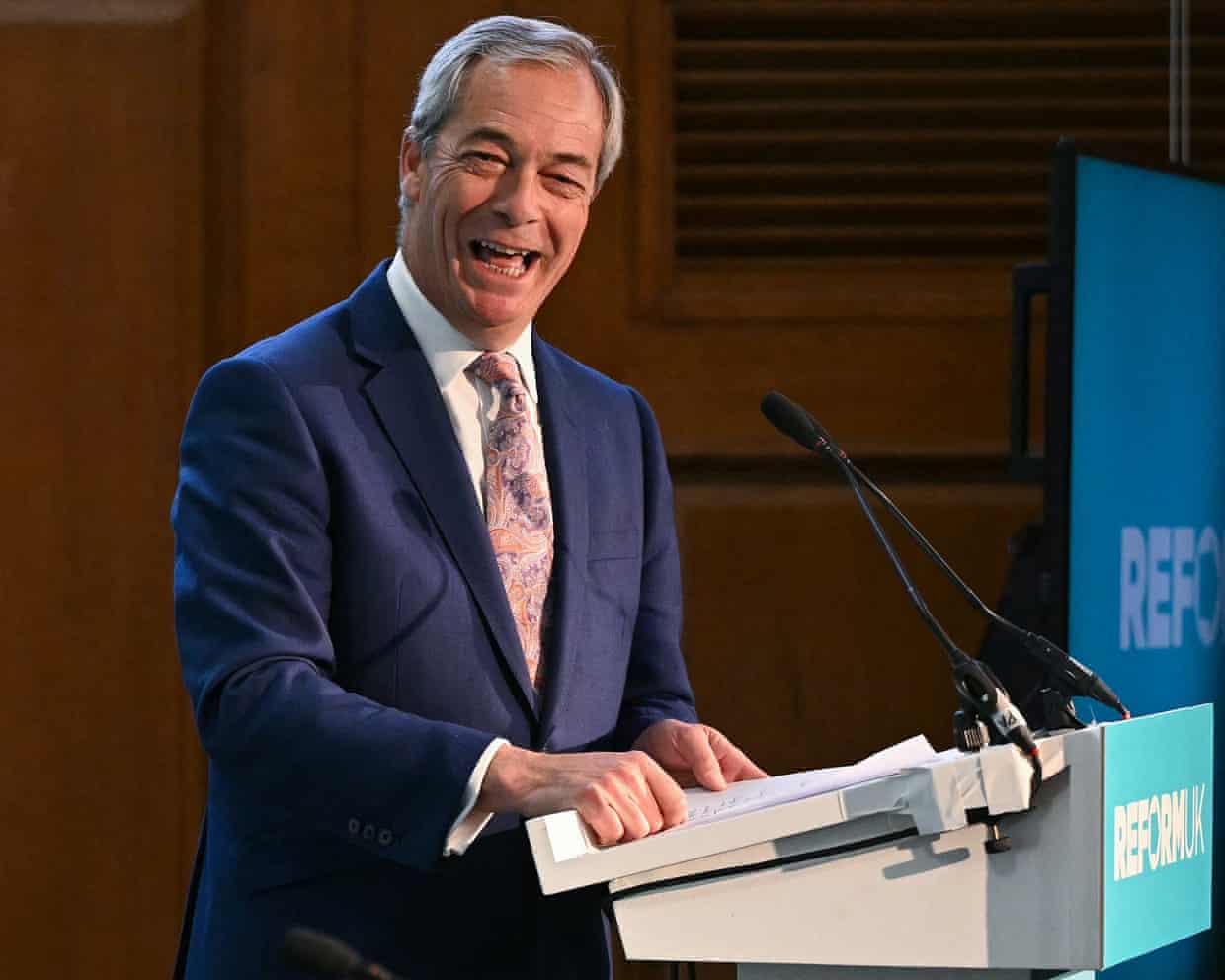
Ministers call on Nigel Farage to address ‘repulsive’ teenage racism allegations
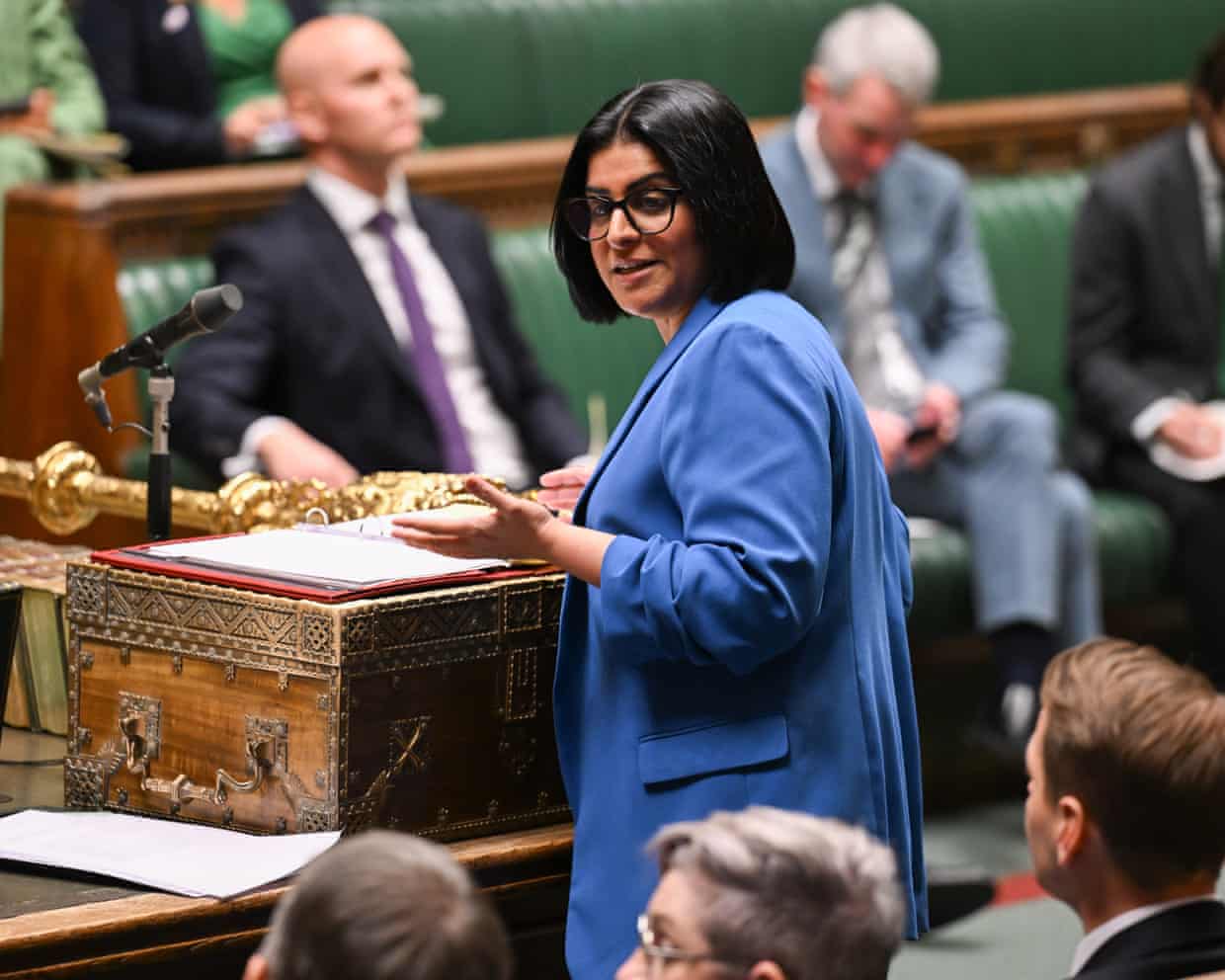
Familiarity breeds contempt as Shabana does her double act | John Crace
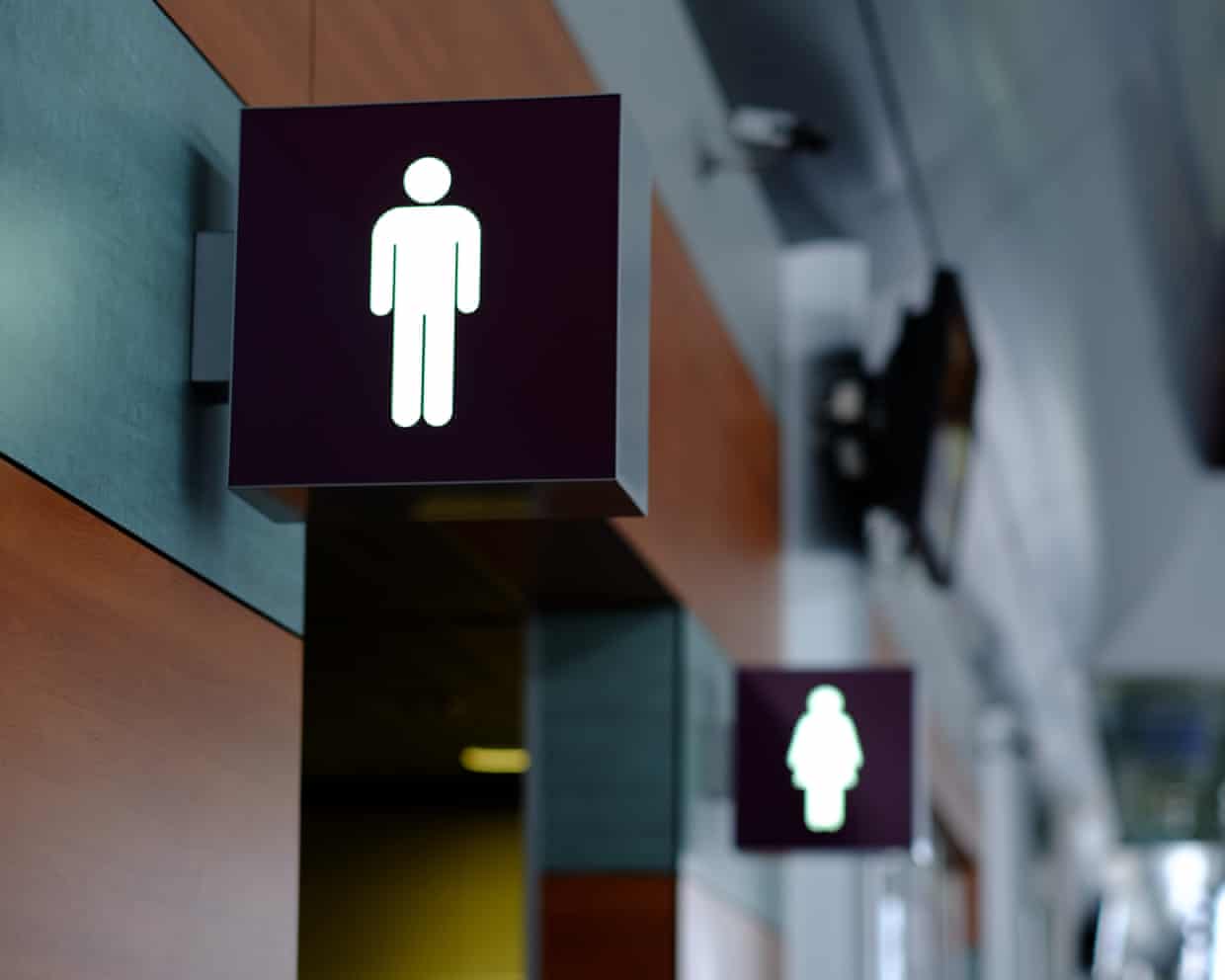
UK government insists it is ‘taking time to get this right’ on single-sex spaces
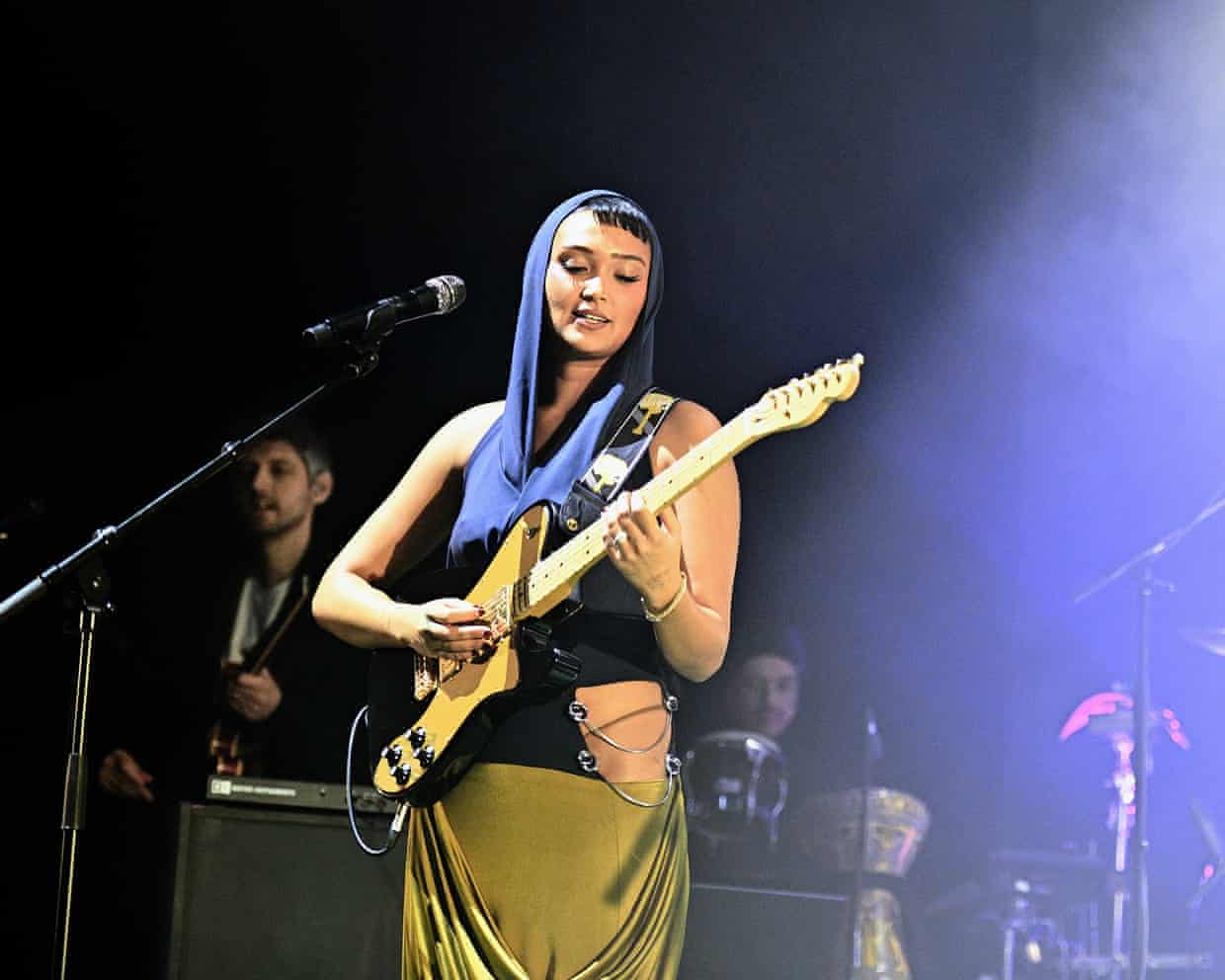
Joy Crookes says UK and Ireland in ‘dark time’ amid rise of far-right politics
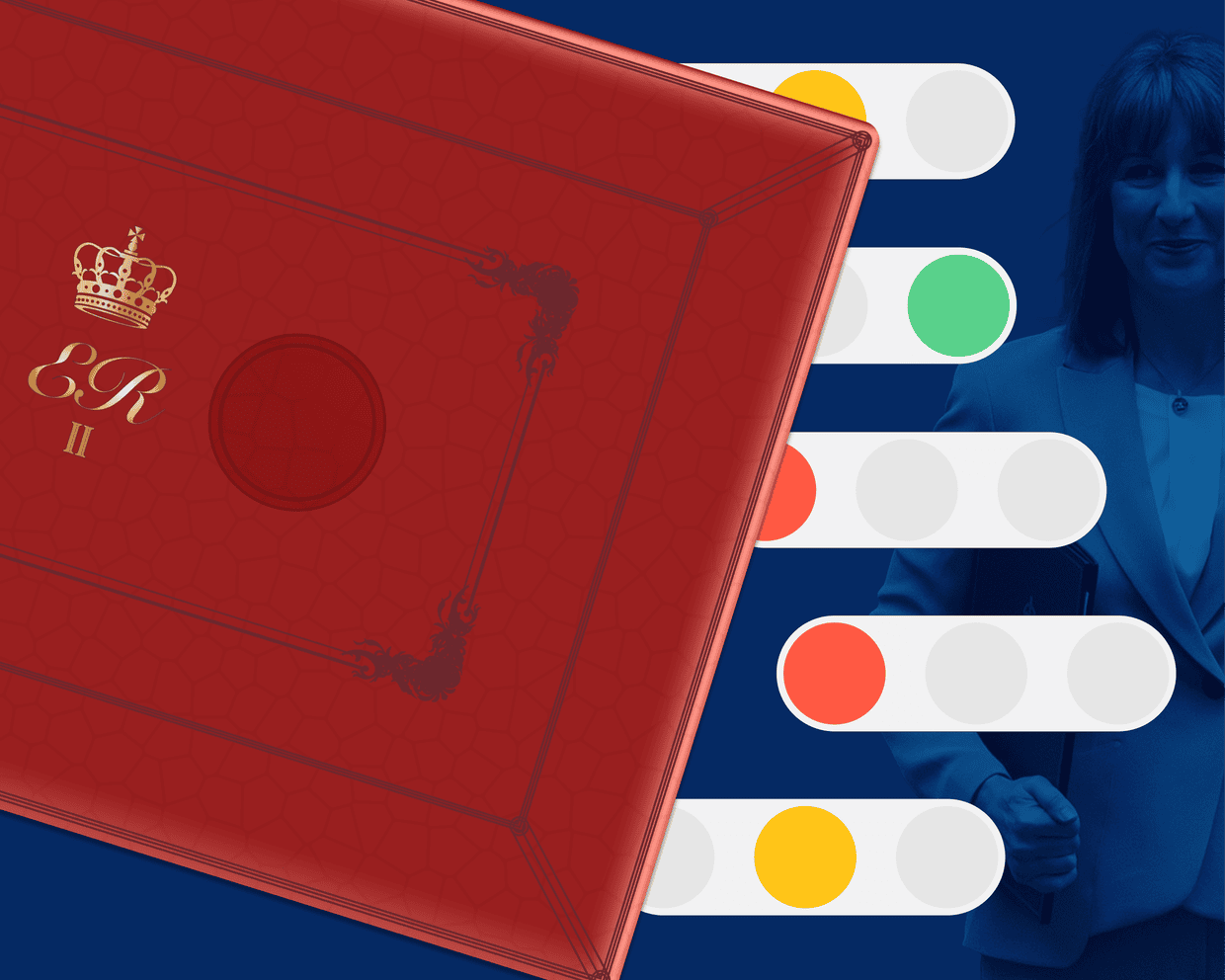
Could you do better than Reeves as chancellor? Play our interactive budget game
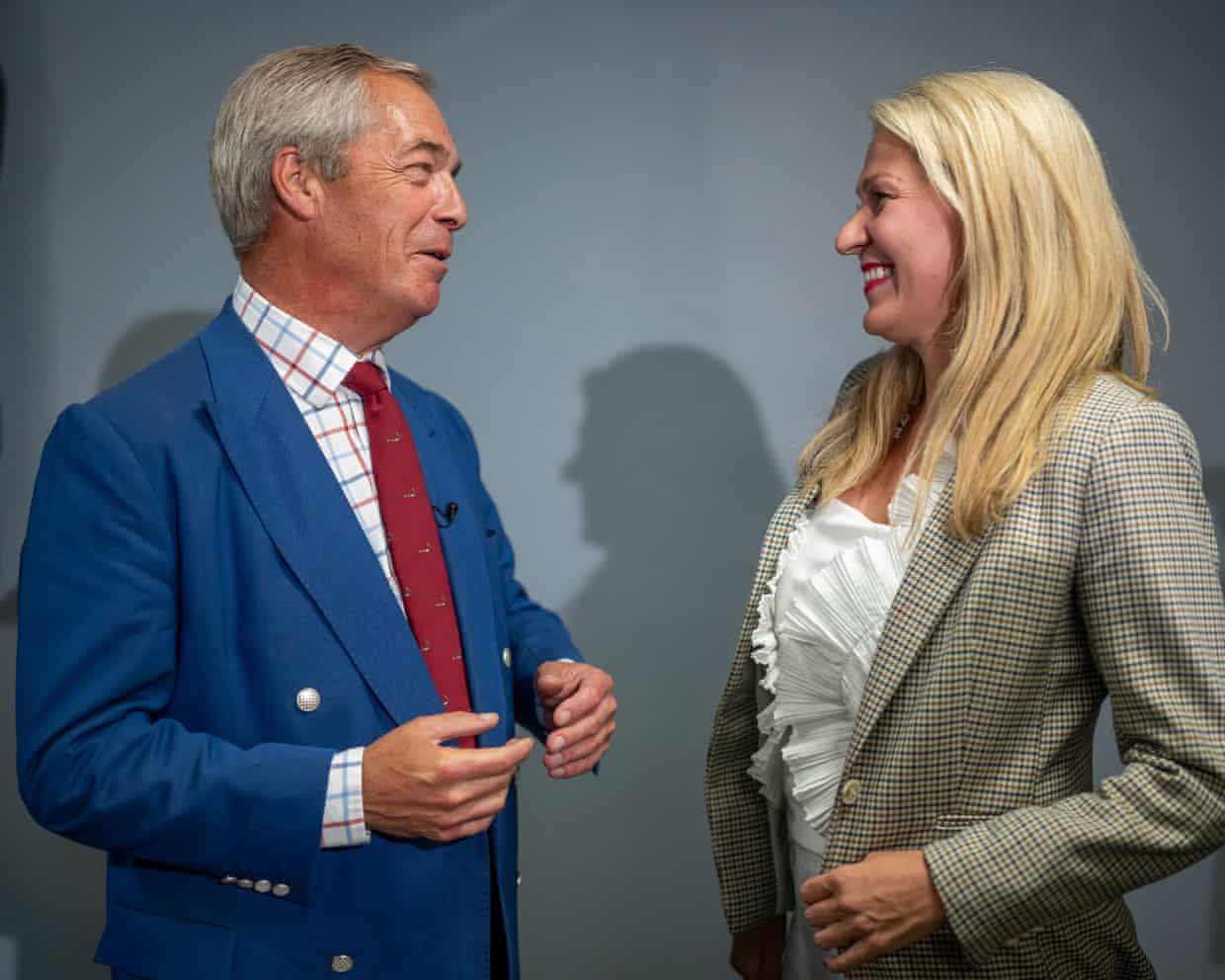
Reform’s Welsh hopes damaged after Senedd member suspended for ‘vile’ racial slur